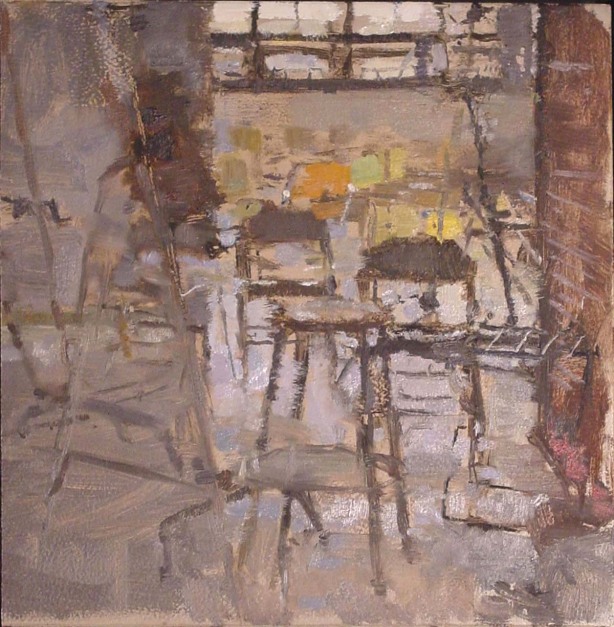…cutting course loads to duck covering adjuncts because it is the most effective tool for comprehensive coverage and to do justice an important story with its many voices and implications for the future of adjunct labor.
...confronting precarity in all its social, labor and economic manifestations
Showing posts with label cost-cutting. Show all posts
Showing posts with label cost-cutting. Show all posts
Tuesday, November 20, 2012
Friday, November 5, 2010
Class dismissed
Adjunct blogger, David Ruccio teaches economics, blogs ~ links, excepts, keen commentary thereon, invariably illustrated to perfection ~ and never fails to come with the best of images: art, photos (frequently of public art), cartoons, graphics, illustrations, sketches, charts,and so on. I may be a lit person. but most of the blogs I reach for (figuratively speaking) are by historians or economists. David's is worth following for either copy or images alone ~ both is a twofer treat ...
In the brave new world of the cost-cutting corporate university, students can stay in their pajamas and earn course credits. Right in their dorm rooms, by viewing on-line courses.
It may not be learning. Or learning much. But students are able to accumulate course credits, and therefore consume what the new corporate university is supplying.
The New York Times reports that universities are teaching thousands of students who never have to step foot in a classroom to earn course credits in Economics, Spanish, Psychology, and so on. And they're not the usual distance-learning students, students who for some time have been offered the opportunity to purchase the education commodity without setting foot on a college or university campus. No, these are on-campus students who, because of budget-cuts, are being forced to purchase course credits by taking-on-line courses.
A single professor, sitting in an office (at home or on campus) can "teach" thousands of students, many more than can fit in a lecture hall, via a relatively simple computer hook-up. Students stay in their rooms, without ever meeting the professor or other students in the course, and attempt to learn the material via on-line lectures and exams.
On-line education represents a fundamental change both in the labor process (it is a form of speed-up) and in the commodity being produced (since one of the distinctive features of consuming the commodity higher education is that students have to work—alone, with the professor, and with other students—to realize the use-value of learning).
It is the future of higher education—and the end of the university as we have known it.
Subscribe to:
Posts (Atom)
